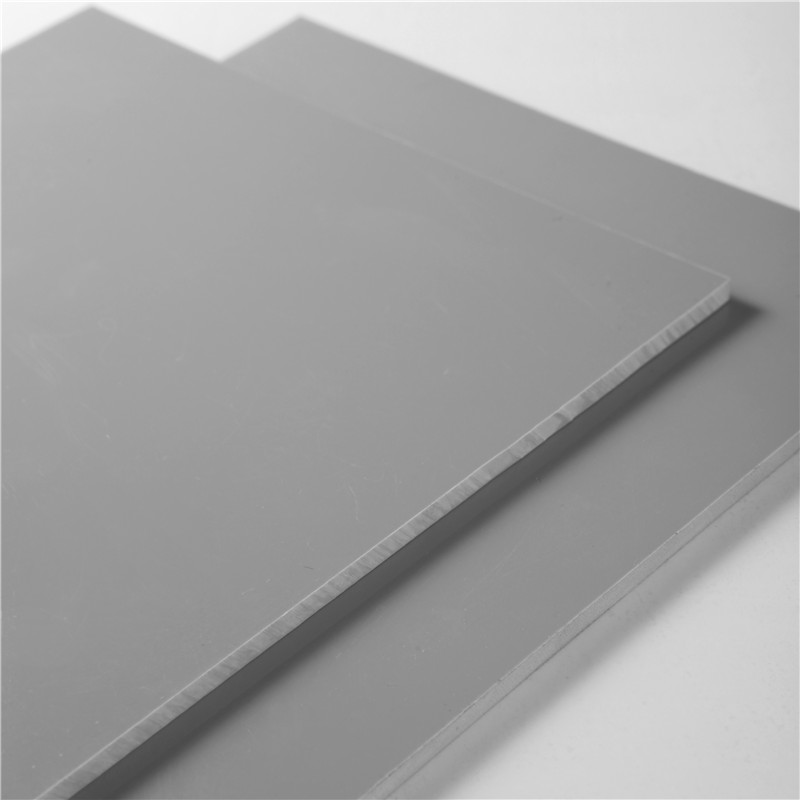دېكابىر . 24, 2024 23:45 Back to list
hdpe pipe sprinkler
The Versatility of HDPE Pipe in Sprinkler Systems
High-Density Polyethylene (HDPE) pipes are revolutionizing the agricultural and landscaping industries with their robustness and versatility, particularly in sprinkler systems. HDPE is a thermoplastic made from petroleum, characterized by its high strength-to-density ratio, which makes it an ideal choice for a wide variety of applications. When it comes to irrigation, HDPE pipes offer significant advantages that can improve water efficiency, durability, and sustainability.
Why Choose HDPE?
One of the primary benefits of using HDPE pipes for sprinkler systems is their exceptional resistance to a variety of environmental factors. Unlike traditional materials like metal and PVC, HDPE is resistant to corrosion, rust, and chemicals. This ensures that the integrity of the pipes remains intact even when exposed to harsh environments. Additionally, HDPE pipes can handle extreme temperatures, making them suitable for diverse climatic conditions.
Another significant advantage of HDPE technology is its flexibility. HDPE pipes can be easily bent to fit specific irrigation layouts without the need for numerous joints and fittings. This flexibility not only reduces the number of potential leak points but also simplifies installation and maintenance. Furthermore, the lightweight nature of HDPE allows for easy transportation and handling, making it a preferred option for both small and large-scale agricultural operations.
Efficient Water Delivery
Water conservation is a growing concern worldwide, particularly in regions experiencing water scarcity. HDPE pipes contribute to efficient water delivery systems by ensuring optimal water flow and minimizing leaks. The smooth inner surface of HDPE pipes allows for a higher flow rate compared to other materials. As a result, water can be distributed evenly across the field, reaching every plant without waste.
Sprinkler systems deployed using HDPE pipes can be designed to operate in various configurations, including fixed, rotary, or traveling systems. This adaptability means that farmers and landscapers can select the most suitable method for their specific needs, further enhancing irrigation efficiency. Moreover, HDPE’s ability to withstand high pressures ensures that sprinkler systems can operate effectively even in challenging landscapes.
hdpe pipe sprinkler

Sustainability Implications
The sustainability of HDPE pipes extends beyond their longevity and durability. They are 100% recyclable, meaning that at the end of their life cycle, they can be repurposed into new products, reducing environmental impact. Additionally, using HDPE pipes in sprinkler systems leads to reduced energy consumption over time. The efficiency of water delivery reduces the need for extensive pumping, lowering electricity costs and the carbon footprint associated with irrigation.
Furthermore, the ability to customize HDPE pipes to various diameters and lengths means less wastage during installation. Precision engineering allows for tailored solutions that fit the specific irrigation needs of a variety of crops, further reducing overall material use.
Installation and Maintenance
Installing HDPE pipes in sprinkler systems can be straightforward, depending on the complexity of the system. Industry professionals usually recommend fusion welding or electrofusion for joining HDPE pipes, as these methods create a strong, seamless connection that prevents leaks. While initial installation may require an investment in specialized equipment and expertise, the long-term benefits greatly outweigh the costs.
Maintenance of HDPE sprinkler systems is also relatively minimal compared to conventional systems. Regular inspections for blockages or wear and tear are usually sufficient to keep the system in optimal condition. Since HDPE does not corrode or degrade over time, it can provide reliable service for decades when properly cared for.
Conclusion
In conclusion, HDPE pipes are a game-changer in the realm of irrigation and sprinkler systems. Their strength, flexibility, and resistance to environmental factors make them an excellent choice for agricultural and landscaping applications. As the world increasingly focuses on water conservation and sustainability, the adoption of HDPE pipe technology will be a vital step in ensuring efficient irrigation practices. By choosing HDPE pipes for sprinkler systems, stakeholders not only benefit from reduced costs and maintenance but also contribute to more sustainable agricultural practices, ensuring a better future for all.
-
Durable PP Rigid Sheet: Lightweight, Chemical Resistant Solutions
NewsAug.21,2025
-
PVC Grey Sheet for Extraction: Chemical Resistant & Durable
NewsAug.19,2025
-
Durable PVC Pipe Fittings for Plumbing & Irrigation Needs
NewsAug.18,2025
-
HDPE Steel Belt Reinforced Spiral Corrugated Pipe | High Strength
NewsAug.17,2025
-
HDPE Pipe Fittings: Durable, Leak-Proof Solutions
NewsAug.16,2025
-
Premium CPVC Sheet: High-Temp & Chemical Resistant Solutions
NewsAug.15,2025

